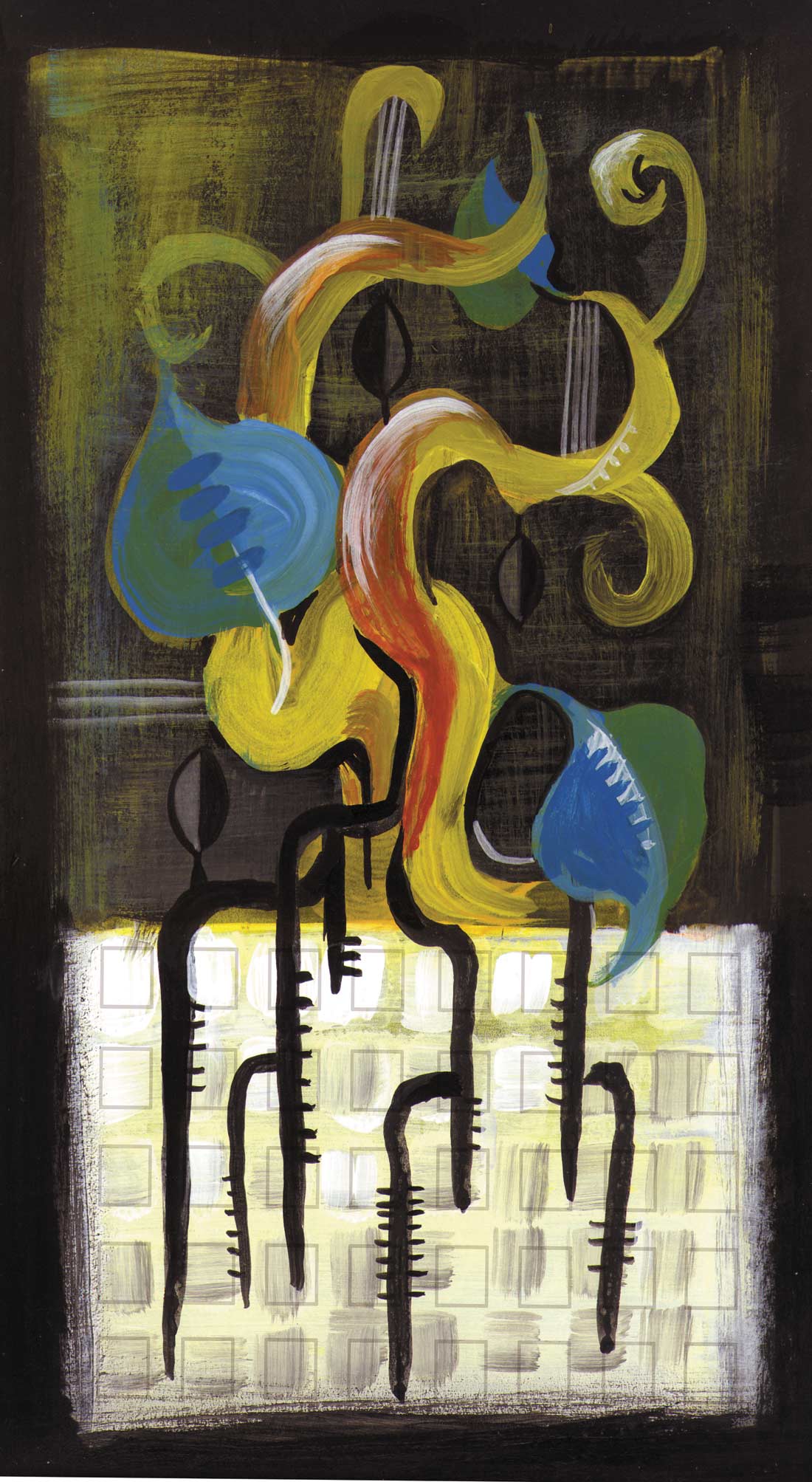Here's my ultimate confession: I'm finally getting knee deep in the world of digital recording. Yeah, I put it off for years, not wanting to have to learn about different platforms, hardware, software, plug-ins and that shit. I figured I had it made, with a couple of 24-track tape decks and a 1/4" deck with a spare for parts. Why would I need to dive into the world of Pro Tools with all this great analog gear? But it all kind of hit at once. A killer deal ended up with me having a Digi001 in a box, sitting in my front room for months on end. The joke was, "Do you have Pro Tools?" with the answer being, "Yeah, right there," while pointing at the box on the floor. Probably a third of my mixes were being done to DAT at the time, usually because the clients wished to save money. Due to the inherently faulty nature of DAT tapes and machines, I began to mix to two DAT decks simultaneously, saving a few headaches along the way and creating instant backup tapes. For reference copies I had a CD-R burner, but everything had to be done in real time, and creating edits and different playlists was a royal pain and time consuming. Right as I started setting up the 001 with a beige G3 (not recommended, by the way) my CD burner bit the dust. My first impulse was to buy a new one, but if I got the computer working, why would I need it? So I quickly got the system running and started mixing into it. Being able to mix in at 24 bits sounded better than the DAT machines, and already having an Apogee Rosetta AD I was getting awesome sound going in. My clients were damn happy with my new ability to burn CD-Rs faster too! As the G3 proved to me why Digidesign didn't support using it with the Digi001 (DAE error 6035 anyone?) I started looking for a new computer. A 1 GHz Mac G4 was soon on order. This system worked much more efficiently, though required upgrading to Pro Tools 6 (because of OSX), which had some nasty bugs in it originally (PT6.1 seems better). Because I try to be an ethical person, I wouldn't allow any cracked software in my machine, so I bought Toast/Jam and struggled with the minimal plug-ins I had. Now sessions started asking to do more than mix into the computer. I needed a way to dump more than ten tracks in, so I recently picked up an Apogee Rosetta 800. Now I can track drums and basics to tape, then dump over and keep working. It's sounding pretty good, especially listening back through the Rosetta.
I recently started my first record that would begin on tape but stay in the computer, where someone else will be mixing it. Initial tracking to tape went fine, and transferring to digital was quick and sounded fine, but I was extremely nervous to only be in the digital realm. Backing up to a third FireWire drive helped calm me, and now a few days in I'm getting to like overdubbing in the computer and having the working mix just pop up automatically.
In the middle of all this I had a writer for a newspaper email me and ask me some questions about how digital recording is changing the way music is made. A valid investigation to be sure, but he approached it as if I was an "analog purist". This irritated me in many ways.
1: I had been mixing to DAT tape for many years, surely one of the worst examples of digital recording medium we will ever see.
2: I had recently started using digital recording more, not because I'm lazy or that it sounds great, but because it meant I could offer more services and give some clients what they wanted.
3: Isn't the whole ethic of this magazine to use whatever gear you have at hand to record music? Not to wallow in "gear snobbery" and wait to record your masterpiece until all the "right" gear is available?
I'm sure I have been outspoken about my opinions on digital recording in the past. I once told a colleague that I would never have a computer in my control room. I guess I lied. I think many of my opinions were formed by my reluctance to have to learn new equipment, routines and techniques. I'm slow, but I'm picking tricks up daily, and for some projects doing the session in a computer has been the best way to achieve something that the client can be proud of. I'm confessing all this now in hopes that others don't make the same mistakes as I. Make sure that your fears and laziness don't dictate what you will do and learn. If you investigate digital recording only to go back to 100% analog, more power to you! But if you want to call me a sellout for making my clients happy and my studio more productive, well...

